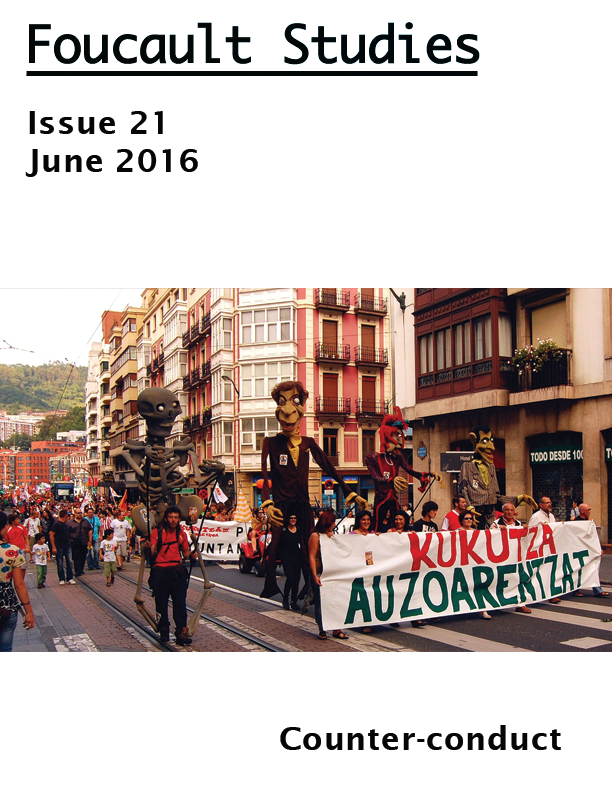Beyond the Analytic of Finitude: Kant, Heidegger, Foucault
DOI:
https://doi.org/10.22439/fs.v0i0.5023Keywords:
Immanuel Kant, Martin Heidegger, Michel Foucaul, , finitude, anthropology, critical philosophyAbstract
The editors of the French edition of Michel Foucault's Introduction to Kant's Anthropology claim that Foucault started rereading Kant through Nietzsche in 1952 and then began rereading Kant and Nietzsche through Heidegger in 1953. This claim has not received much attention in the scholarly literature, but its significance should not be underestimated. In this article, I assess the likelihood that the editor’s claim is true and show how Foucault’s introduction to Kant’s Anthropology and his comments about Kant in The Order of Things echo the concerns about finitude and subjectivity in Heidegger’s Kant and the Problem of Metaphysics. I then argue that Foucault's later preoccupation with Kant's essay An Answer to the Question: What is Enlightenment? should be regarded as an attempt to develop an alternative to the Heideggerian interpretation of Kant, and the preoccupation with finitude, that had played such an important role in Foucault’s earlier works.Downloads
Published
2016-06-28
How to Cite
McQuillan, J. C. (2016). Beyond the Analytic of Finitude: Kant, Heidegger, Foucault. Foucault Studies, (2110.22439), 184–199. https://doi.org/10.22439/fs.v0i0.5023
Issue
Section
Articles
License
Authors retain copyright to their work, but assign the right of the first publication to Foucault Studies. The work is subject to a CC BY-NC-ND 4.0 license, but despite these restrictions, authors can take for granted that Foucault Studies will permit articles published in Foucault Studies to be translated or reprinted in another format such as a book providing a full reference is made to Foucault Studies as the original place of publication.



